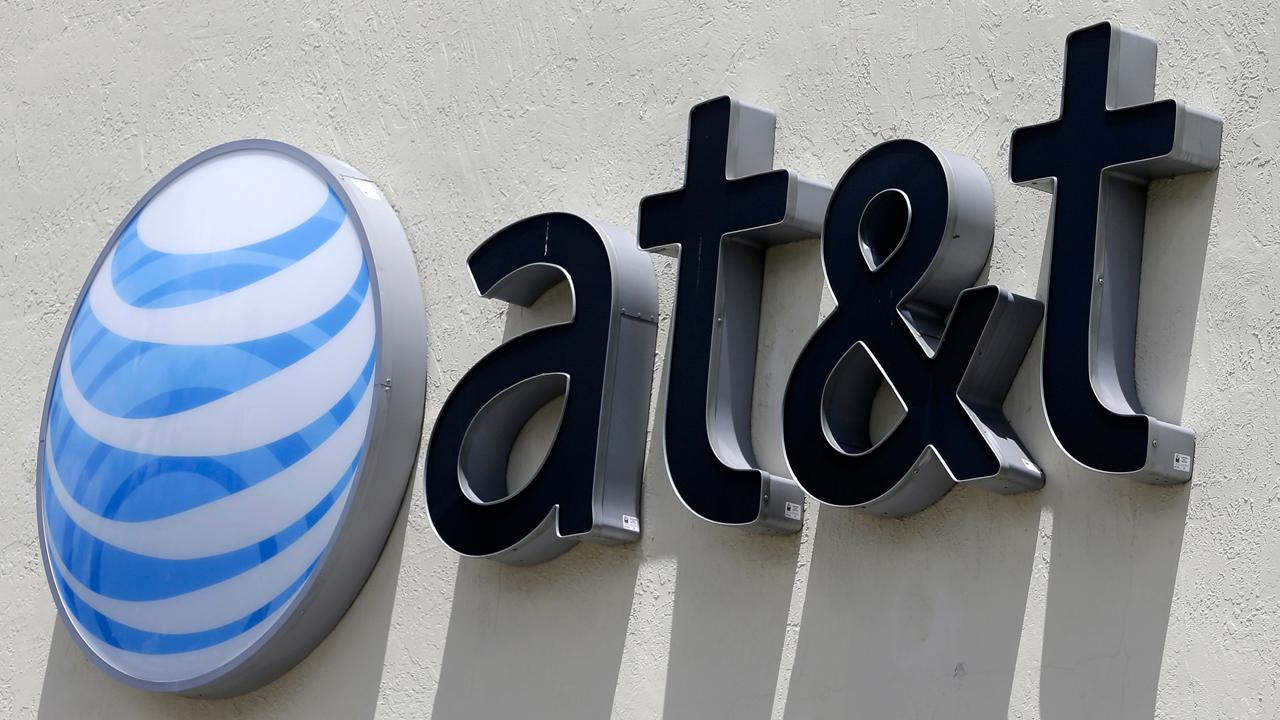AT&T CEO Randall Stephenson, antitrust chief Makan Delrahim address telecom in dueling speeches
Dueling speeches in Washington, D.C., this week made big news on telecom mergers and government regulation of cable: The Department of Justice antitrust chief Makan Delrahim spoke on Wednesday at America’s Communications Association’s (ACA Connects) annual conference while his archrival, AT&T CEO Randall Stephenson – who recently won a bruising battle against the DOJ over the AT&T-Time Warner merger – addressed an audience just a few miles away at the Economic Club of Washington that same day.
Delrahim, addressing the AT&T-Time Warner deal for the first time since DOJ lost the case, blamed the lower courts for the DOJ’s loss, claiming they set unfair standards in the trial. But a defiant Delrahim was quick to emphasize the antitrust division won’t hesitate to bring similar cases opposing mergers in the future. Delrahim emphasized any time he sees a merger that marries big distribution with must-watch content, and could possibly raise consumer prices, the DOJ will intervene. A DOJ spokesman reiterated the division will continue to go after illegal megamergers.
Despite losing the AT&T battle, Delrahim believes the appellate court gave the DOJ powerful ammunition for future cases by ruling “vertical mergers,” (a merger in which two different kinds of products and services are combined), can be illegal.
The DOJ sued to block the AT&T-Time Warner merger in November 2017 but that suit was denied by U.S. District Judge Richard Leon in June 2018. The DOJ appealed the decision to a higher court, the D.C. Circuit Court of Appeals, but lost the appeal. The DOJ will not appeal to the Supreme Court.
Less than a mile away, AT&T head honcho Randall Stephenson opted not to weigh in on Delrahim's comments on the case. Instead Stephenson discussed the most recent pending telecom merger, T-Mobile's purchase of Sprint. While he believes the deal should go through on the merits, he also believes the transaction faces a significant antitrust review. Namely, merging the two behemoths will reduce the number of major wireless telecom competitors from four to three. According to Stephenson, the “core premise" of the Obama administration DOJ blocking AT&T from buying T-Mobile in 2011 "was going from four competitors to three … it's the hurdle that Sprint will have to overcome.”
Nevertheless, Stephenson remains optimistic about 5G technology, claiming it “will be the most transformative of all the Gs … you can’t conceive all the services that 5G implies”




















